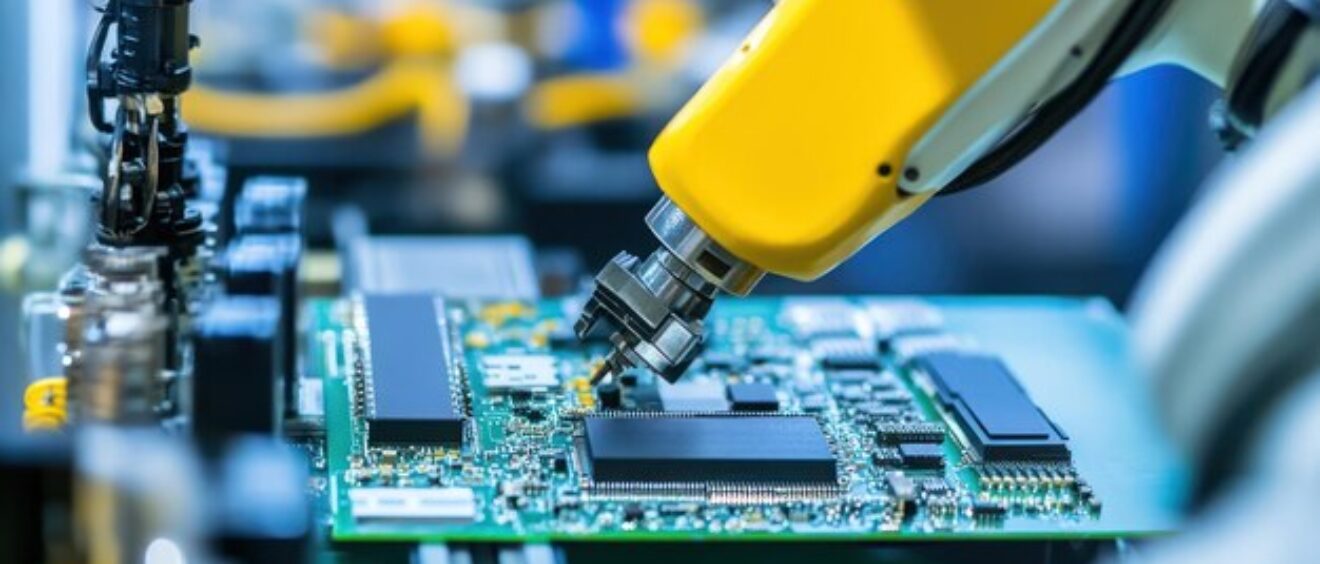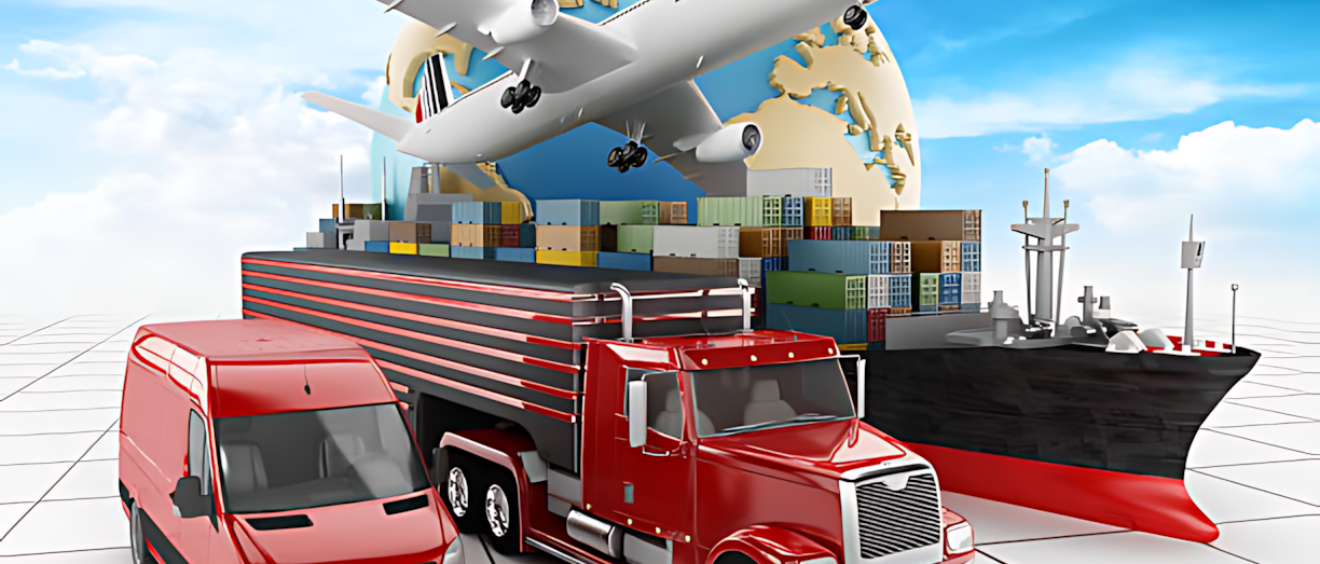Instrument Design in the context of hardware refers to the process of creating precise, functional devices and tools used for measurement, control, or data acquisition in various fields like electronics, engineering, healthcare, and research. This involves defining specifications, selecting appropriate materials and components, and designing both the physical structure and the embedded systems that control the instrument’s functionality. The process requires close attention to accuracy, reliability, and user interface design, ensuring the instrument performs effectively under specified conditions. Instrument design often includes iterative prototyping, testing, and refinement to meet performance standards and industry regulations.
Read More›


